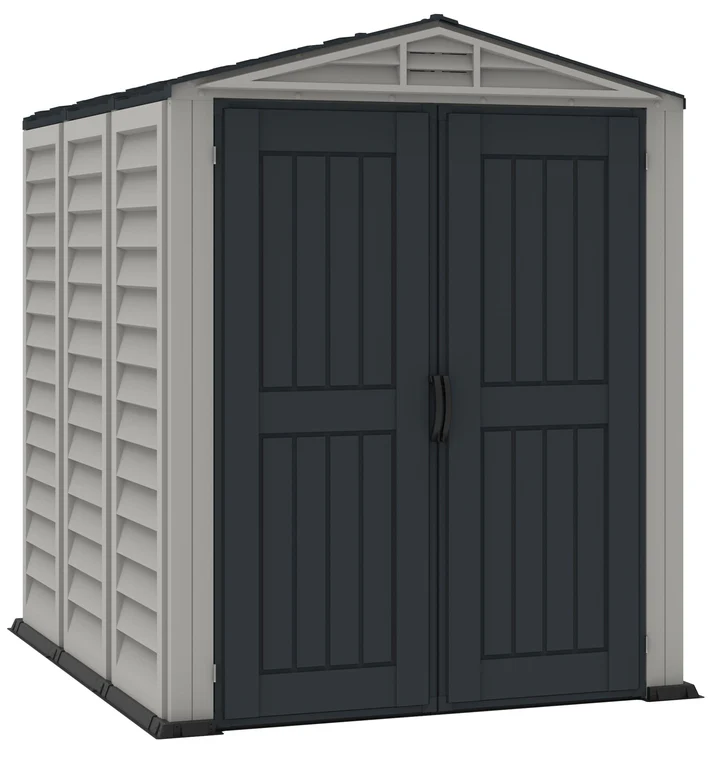Entry
Education is a human rights issue for both personal enrichment and development. Namibia’s constitution states that all people have access to education. It is also supported by the 4 Sustainable Development Goals of the 2030 Sustainable Development Agenda, Goal 4 focuses on inclusive and equitable quality education and promoting lifelong learning for all. Today’s world is constantly changing rapidly in terms of social, economic, political and digital communication and use. Changes require people to adapt and learn by acquiring new knowledge, skills, relationships and skills relevant to a wide variety of environments in order to remain relevant and unlimited. Lifelong learning opportunities will provide new knowledge, skills, relationships, and relevant skills so that people can solve life’s problems, stay relevant, and support their lives, communities, and communities in this digital world.
According to Toffler (1970), “the illiterate in the 21st century will not be those who cannot read or write, but those who cannot learn, learn and relearn.” Continuous learning is training, learning and re-education through the acquisition and maintenance of a variety of skills, interests, knowledge and qualifications from preschool to retirement.
Learning means learning or skills through learning, experience, or lessons. Refusal to teach is seen as removing and replacing outdated knowledge. Re-learning means studying a material that has been previously studied and then forgotten. Lifelong learning activities promote knowledge and skills that enable them to adapt to a knowledge-based society, while valued at all forms of learning. Thus, lifelong learning (LL) is an important guideline for the development of education.
The generally accepted definition of continuing learning is “any lifelong learning that is continuous, voluntary and motivated to gain knowledge, skills, relationships and skills for personal or professional reasons.

What is lifelong learning?
Providing continuous learning through formal, informal and informal learning opportunities to promote continuous development and improve the knowledge and skills needed for employment, community service and/or personal development. As can be concluded from this definition, lifelong learning is a comprehensive and integral part of the vision of the knowledge economy and/or society. Continuous learning can improve our understanding of the world around us, give us more and better opportunities and improve the quality of our lives.
Types/student categories for continuing learning
Skills search for students who need to learn new or improved skills to improve themselves and solve the challenges they face in their lives (or face in the future).
Problem-oriented students who want to acquire only certain skills necessary to solve a particular problem they face or may face in their particular life situation.
Targeted – students who want to focus only on tasks aimed at achieving certain goals or solving a particular problem.
Orientation to life – Students with great practical experience, solving different issues of everyday life who want to focus on real life/problems/situations and solve real problems. They also want to focus on applying newly acquired knowledge and/or skills in everyday and real-world situations.
Solution-oriented students who are interested in focusing their efforts on problem solving in real life situations, especially in their immediate community and/or environment, or who perform tasks aimed at achieving goals or specific solutions.
On the basis of values – students who need guidance, why they should participate in learning and what benefits it brings. These students need to be motivated to explain to them why they should learn.
Practice – students who prefer to learn in practice rather than listen, and who are interested in the opportunity to immediately apply their newly acquired skills.
Self-employed students who consider themselves independent and responsible for their own learning, plan and direct their learning activities. According to Fisher, King and Tag (2001), an independent student takes over the management and takes the freedom to study what he considers important to himself.
Expert/experienced – Students practice (work) in a particular area and want to gain knowledge/skills in this particular area to improve their practice. These students bring hands-on experience to learning situations, influencing the learning process and making it relevant.
Independent – students who are more autonomous and learn using their knowledge, skills and previous work experience to achieve goals on their own. These students use their personal experience, strengths and knowledge to find answers and solve problems.
Why do we need lifelong learning?
The challenge of the update
Start a business
Learn the subject or expand your knowledge
Meet new people
Develop self-confidence
Take part in social media
Develop personal skills
Individual ability to learn throughout life
The ability to realistically define personal goals
Effectiveness of existing knowledge
Effectiveness of self-learning assessment
The ability to find the information you need
Effective use of different learning and learning strategies in different environments.
Skills in the use of learning tools and resources such as libraries, media and/or the Internet.
Be able to use and interpret material from different disciplines
The benefits of lifelong learning for society
These critical statements about the importance of lifelong learning show that lifelong learning brings both private and public benefits.

